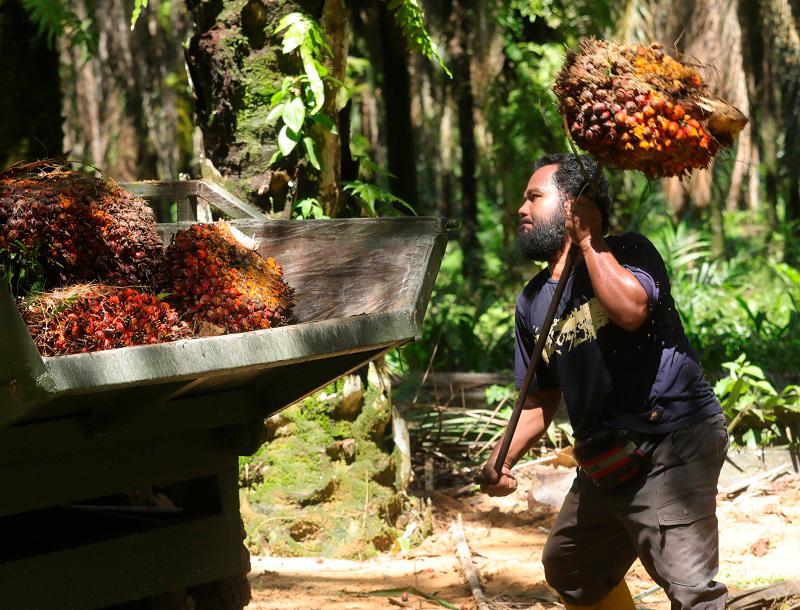PETALING JAYA: Universiti Kuala Lumpur economic analyst Dr Aimi Zulhazmi Abdul Rashid has warned of significant risks to Malaysia’s food security due to the decreasing availability of farmland and an ageing population.
The latest Khazanah Research Institute report from 2019 revealed that agricultural land for the agro-food industry measured 922,200ha in 2010.
While current figures are unavailable, the report projected a decline to 840,700ha by 2020, attributing the reduction to the conversion of farmland for cash crops such as oil palm, urban development and housing projects.
Meanwhile, statistics from the Muda Agricultural Development Authority in 2021 indicate that the average age of padi planters in Malaysia is now 60, with only 15% of Farmers Organisation Authority members under 40.
Aimi Zulhazmi said food security is an ongoing challenge for Malaysia, with about one-fifth of agricultural land allocated to commercial plantations, primarily oil palm, leaving limited focus on other agro-products.
“Apart from large-scale vegetable farming in Cameron Highlands, food-focused agriculture is relatively scarce in Malaysia. This is largely due to the availability of inexpensive food imports from neighbouring countries, which makes local farming less competitive,” he said.
“As a result, our food import bill has steadily risen. In 2023, it stood at RM78.79 billion, an increase from RM75.62 billion
in 2022.”
Aimi Zulhazmi added that the reluctance of younger generations to enter the agriculture sector exacerbates the issue as farming is often viewed as a profession with “low social status”.
“Young Malaysians have strong prejudices against the agriculture sector. Outdated farming practices passed down from previous generations reinforce this perception, making it unattractive. Many prefer sectors such as IT, which offer better career prospects, financial security and social recognition. Additionally, farm owners frequently hire foreign
workers as a more affordable alternative to local labour, further discouraging youth participation,” he said.
While some government and private initiatives aim to encourage youths to pursue careers in agriculture, Aimi Zulhazmi noted the response has been lukewarm and progress remains slow. However, not all young people shun farming.
Muhammad Adib Hashim, 29, is among the few transforming Malaysia’s agricultural landscape.
A civil engineering PhD student, he took over his family’s harumanis mango orchard in Bukit Keteri, Perlis, following his father’s passing in May 2023.
“I received a lot of support when I decided to continue my family’s farming business. There wasn’t much scepticism because I was already passionate about farming, thanks to my late father, who instilled that passion in me,” he said.
He regularly attends courses organised by the Perlis State Agriculture Department to stay informed about best practices for cultivating harumanis mangoes.
Leveraging social media platforms such as TikTok, he promotes his produce, educates others and attracts new customers.
“Farming is an age-old profession, but modern technology plays a crucial role in ensuring quality and efficiency,” he said.
“I use tools such as a Brix Metre to measure the fruit’s sweetness, ensuring it meets commercial standards. My uncle and I also use drones to monitor tree health and optimise productivity.”
Looking ahead, Muhammad Adib plans to expand his family’s business over the next five to ten years, aiming to introduce his mangoes to wider Malaysian and Indonesian markets.
He believes farming can be a financially sustainable career with proper planning and innovation.
“I hope more young Malaysians will consider farming as a viable career. There’s so much to gain if one takes advantage of the available resources and initiatives. With fresh ideas and the right mindset, young people can transform agriculture and secure Malaysia’s food supply for the future,” he said.









